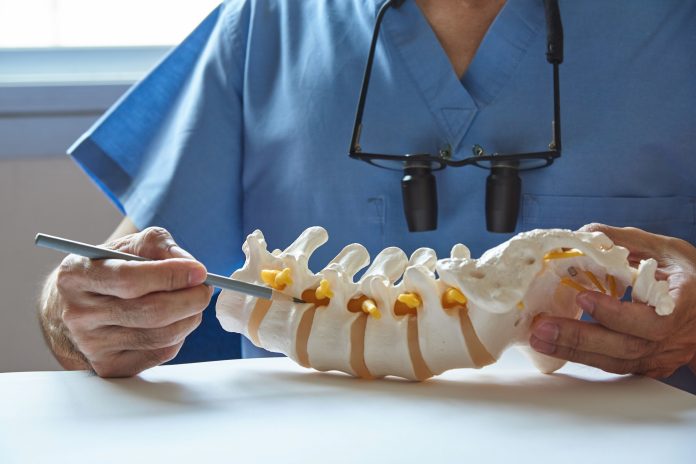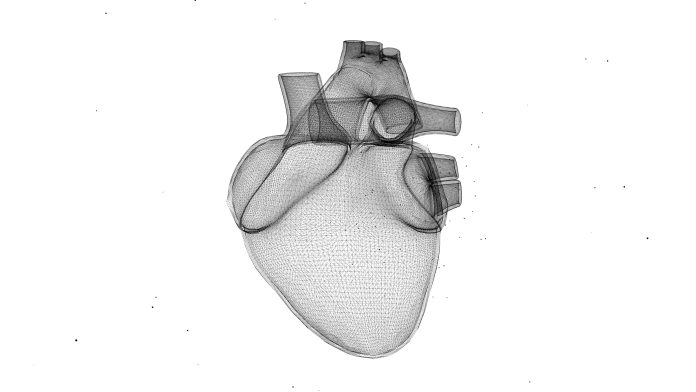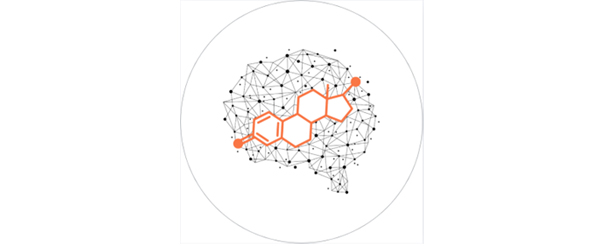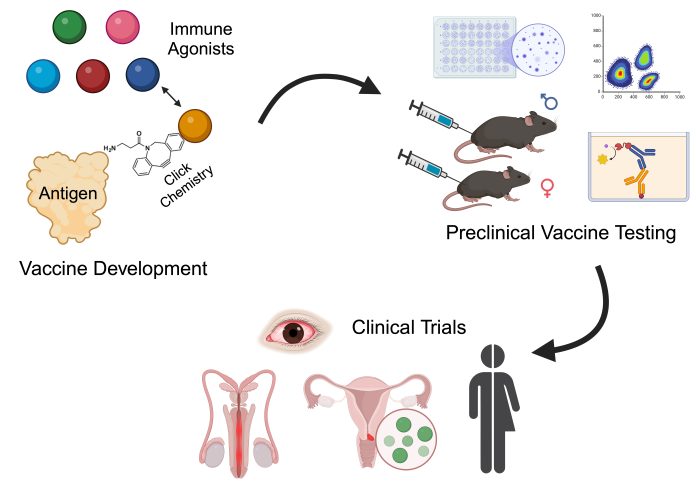Open Access Government produces compelling and informative news, publications, eBooks, and academic research articles for the public and private sector looking at health, diseases & conditions, workplace, research & innovation, digital transformation, government policy, environment, agriculture, energy, transport and more.
Home Search
male health - search results
If you're not happy with the results, please do another search
Ultrasound neuromodulation for treatment-resistant depression: A case for deep brain stimulation
Tiago Costa from Delft University of Technology discusses why ultrasound neuromodulation has significant potential to transform the treatment of depression.
Digital disparities: Tech solutions for indigenous communities
Dr Dianne Wepa reflects on a study detailing the experiences of Māori kaumātua, who utilised digital technology to address health needs during COVID-19. It highlights challenges, resilience, and strategies for maintaining connections, emphasising the importance of digital technology in disaster management and the need to address digital disparities.
Brenda J. Buck – University of Nevada Las Vegas
Dr Brenda J. Buck is an interdisciplinary scientist who excels in multiple field and laboratory aspects of warm desert research, including studying the processes that create and transport mineral dust and its effect on human health.
She has just under $19 million in grant funding over her career. Dr. Buck...
Professor Trevor Graham – The Institute of Cancer Research, London
Professor Trevor Graham joined the ICR as Director of the Centre for Evolution and Cancer in spring 2022. He is group leader of the Genomics and Evolutionary Dynamics laboratory.
For the previous 8.5 years Trevor led the Evolution and Cancer laboratory at the CRUK Barts Cancer Institute within QMUL. Trevor’s...
Type R capillaries revolutionise understanding of bone remodelling and ageing
Our bones are designed to remodel themselves; this is a lifelong process involving the bones adjusting to maintain strength, repair damages, and react to specific stress'.
How heart disease in women differs from men
Recognising sex and gender differences in cardiovascular care is vital to CHD prevention, diagnosis and treatment. The British Cardiovascular Society’s Women in Cardiology Committee explain.
Rethinking the reproductive clock: Can NAD+ preserve fertility?
Recent research indicates that the compound NAD+ offers a promising solution to support fertility and reproductive longevity.
The role of host condition and environment on infection outcome
Brian P. Lazzaro from Cornell University discusses his research on the factors influencing immune response and infection outcome, drawing on powerful experimental systems, such as Drosophila melanogaster as a model host, to gain a deeper understanding of foundational biological processes.
Centre for Cognitive Neuroscience: Hormonal fluctuations research
At the Sex and Gender Lab at the University of Salzburg, we seek to foster women’s mental health by researching the interplay between hormonal fluctuations, brain responses and psychological well-being.
What is polycystic ovary syndrome, and how does it affect you?
According to the World Health Organization, up to 70% of women affected by PCOS remain undiagnosed. We spoke to nutritional therapist Lucia Stansbie about the challenges regarding diagnosis as well as lifestyle and clinical-related treatment options.
Generative AI could save £38 Billion for UK public sector annually
New research suggests that generative artificial intelligence (AI) could provide a new opportunity for the UK public sector, potentially saving up to £38 billion annually by 2030.
The continuing crisis of Femicide: One woman killed every 10 minutes
Every ten minutes, a woman is killed. This stark reality, unveiled in a recent UN report, paints a harrowing picture of a global crisis that continues to claim countless lives.
Filicide: The search for explanations
Thea Brown, Professor Emeritus in the Department of Social Work at Monash University, examines the development of research aimed at understanding filicide.
Advancing vaccine development for chlamydia
Genital Chlamydia trachomatis infection is a significant public health burden; Professor of Pediatrics and Microbiology and Immunology, Toni Darville, discusses the potential efficacy of CPAF-adjuvanted vaccines in mitigating the spread and impact of the infection.
UK Budget 2024: Chancellor Rachel Reeves announces tax rises and spending boosts
Chancellor Rachel Reeves has revealed several tax increases and spending plans to boost economic resilience while funding key public services.
Menopause awareness month: Support and information for women struggling
As October has approached, so has menopause awareness month, this is an important time of year to support those navigating menopause.
Bible reading and human flourishing among U.S. military families
Sung Joon Jang and Byron R. Johnson, inspire us with their research on Bible reading and human flourishing among U.S. military families.
Potential PTSD treatment for veterans
There could be potential for treating post-traumatic stress disorder (PTSD) in military veterans.
Modeling cigarette smoking exposure in subsets of the population
Understanding and acknowledging various factors that impact cigarette smoking and exposure is critical when creating public health interventions to curb tobacco use. Here, Theodore R. Holford from Yale University discusses the impact of different approaches to tobacco control.
Why are hobbies so important, and why are women being left out of them?
Here, we explore why women don’t appear to have the time for hobbies in our modern society, why women’s hobbies are seen as less worthwhile than men's, and what the physical and mental benefits of engaging in hobbies are.





















